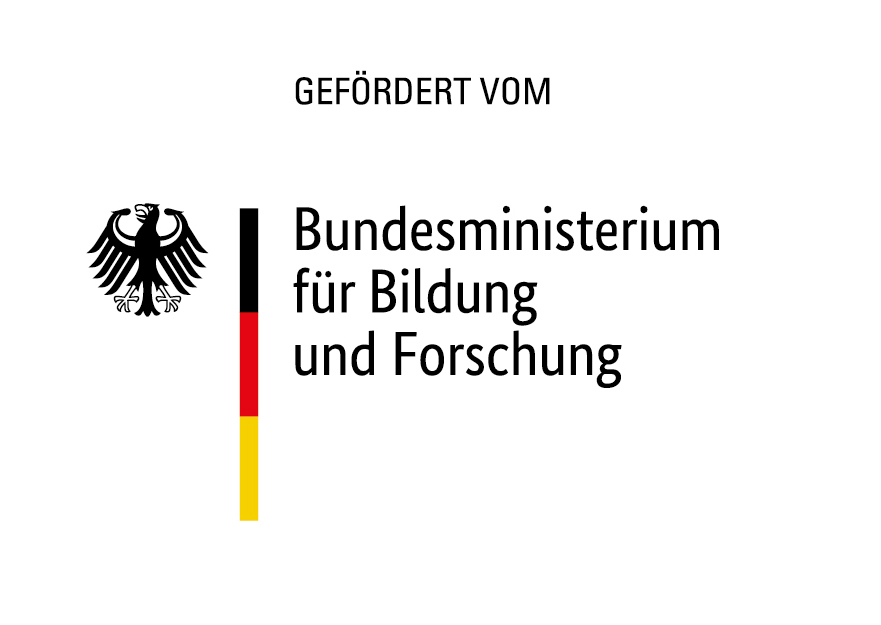Funding
2021 - 2023 VoKo-pro
VoKo-pro KK5385801KL1: "Pre-treatment and preservation of fiber-reinforced plastics for reliable bonding during final assembly": The cooperation partner is the “Leibniz-Institut für Polymerforschung Dresden e.V. (IPF)”. The aim of this collaborative project is to develop a process for the preservation of plasma-specific pre-treatment effects, which makes it possible to extend the processing window for bonding from a few hours to several days. The project is funded by the Federal Ministry for Economic Affairs and Energy.
2020 - 2022 HIKOM-Pro
HIKOM-Pro 03XP0273C: "Process-integrative production and integration of complex shaped hybrid multilayer composites with high functional density, for rail vehicle construction". 7 other project partners are involved in this project: TGM Lightweight Solutions GmbH, compren GmbH, Laser-Mikrotechnologie Dr. Kieburg GmbH, KSC Kraftwerks-Service Cottbus Anlagenbau GmbH, LSE-Lightweight Structures Engineering GmbH, MOCO GmbH & Co.KG, BTU Cottbus-Senftenberg Chair of Polymer-based Lightweight Design. The aim of the project is the development of a technology chain for the realisation of prototypes made of hybrid thermoplastic FRP/metal multilayer composites. The project is funded by the Federal Ministry of Education and Research.

2020 - 2022 6-Achsextrusion
6-Achsextrusion ZF4125703KO9: "Development of an additive, robot-assisted 2-component direct extrusion process for the highly efficient production of function-integrated, highly rigid and heatable moulds for solid fibre composite components - on demand": Cooperation partner is the Chair of Polymer-based Lightweight Design of the BTU Cottbus-Senftenberg. The aim of the project is the development and implementation of an automated additive manufacturing process for the production of self-separating FRP moulding tools with integrated heating. The project is funded by the Federal Ministry for Economic Affairs and Energy.
2019 - 2022 CARBODIN
Grant Agreement 881814: In collaboration with 13 other partners from a total of 7 European countries, SMT is working on rail vehicles of the future. The main goal is to develop innovative and affordable solutions for the manufacture of car bodies, innovative composite doors and the development of a modular concept for the interior under consideration of lightweight construction strategies. The project is funded by the European rail research initiative Shift2Rail under Horizon 2020. CARBODIN will make a vital contribution to a new generation of lighter, more energy and cost efficient passenger trains.
Efforts will focus on the development of smart, automated, modular and cost-efficient mould processes for composite car body shell manufacturing based on Out of Autoclave (OOA) processes. Besides, the development of structural health monitoring (SHM) systems for car body shell, multi-material and 3D printed parts and tools, will help to produce lightweight and high reliability parts.
2019 - 2020 fire-resistant plastic components
Fire-resistant plastic components (AZ 18.1.3.1) "Development and implementation of a flexible processing technology for continuous production of heavy-duty plastic components for rail vehicle construction": Cooperation partner for this project is the chair LsW at the BTU Cottbus‑Senftenberg. The main target is the development of a process for fire retardant coatings on thermoplastics as well as the transition of this technology to series production readiness. The coating processes are exemplary implemented on in compression moulding manufactured components. The project is funded by the Federal Ministry for Economic Affairs and Energy within the framework of the federal pilot program "Unternehmen Revier". The project is also supported by the district of Spree-Neisse and Wirtschaftsregion Lausitz GmbH.
training for our employees
For the development of competence on the basis of specified operational qualification requirements, training measures were carried out in accordance with the training guideline of the state of Brandenburg. Training measures were funded by the European Social Fund ESF and the State of Brandenburg.
